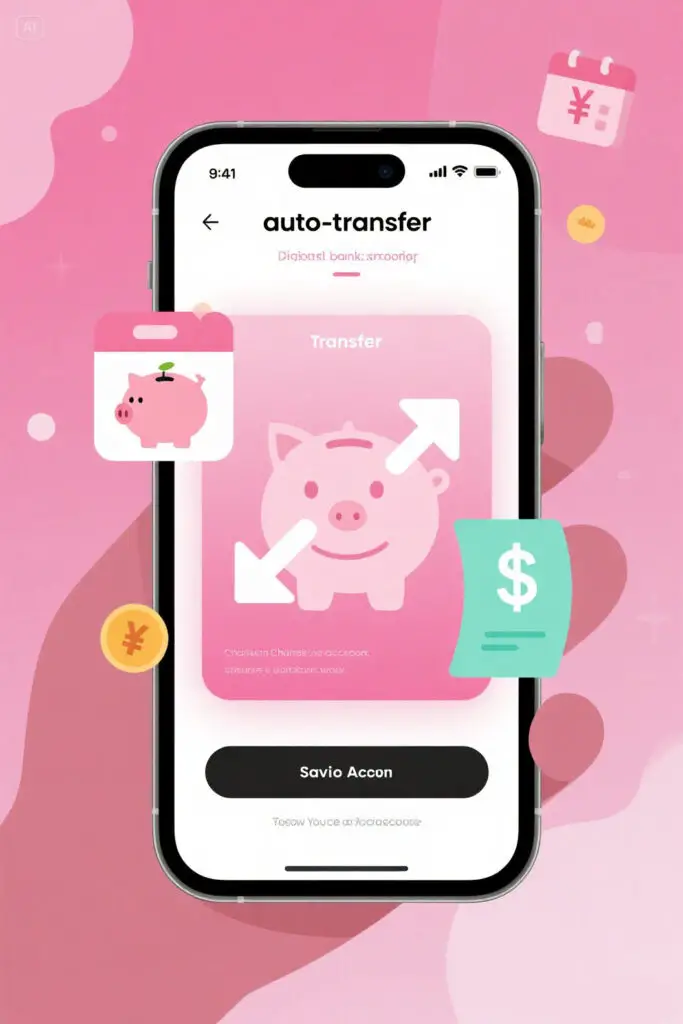Budgeting may sound boring, but in reality, it is one of the most powerful tools that lets you control your money rather than letting your money control you. In the absence of an effective plan, money can slip away quickly, leaving you behind wondering where it all went. With a clear budget, you can save more, stay clear of debts, and create peace of mind knowing that your financial future is in secure hands. Whether you’re a student, an entrepreneur, or someone supporting a family, learning how to budget can transform your financial health in ways you may never realize. This article will help you explore ways to budget your money, guiding you towards a secure and stable financial future.
Understand Why Budgeting Matters
Budgeting matters because it gives you control over your money instead of leaving things to chance. Without a budget, income slips away quickly on small expenses, and before you know it, you may find yourself short when bills are due.
A budget ensures that your needs are covered, your goals are prioritized, and you have peace of mind knowing where every bit of your money is going. It’s not about restricting yourself, but about creating balance and making sure you’re spending and saving with purpose.
Calculate Your Total Income
The first step in creating a budget is knowing exactly how much money you have coming in every month. This step includes every source of income such as your salary, freelance earnings, side hustles, allowances, or any other regular source of income. Once you know your true income, you can avoid overspending and try staying within the spending limit so you don’t have to stretch your budget at the end of the month.
Track Your Current Spending

Before managing your financial habits, you need to know them and understand them better. For a least one month, track your current spending and write down or record every expense, no matter how big or small. This can include bills, food, transport, subscriptions, or even snacks and coffee.
Tracking your expenses can help you see where your money is actually going and identify patterns you can alter.
Separate Needs from Wants
Once you see your spending habits, the next step is to separate needs from wants. Needs are essential or those basic expenses that come first such as rent, groceries, utilities, or transportation. On the other hand, wants are those non-essential expenses that include shopping, entertainment, or takeouts.
When you know the difference between the two, it’s easy to make better choices whenever money feels tight, helping you prioritize needs over wants.
Choose a Budgeting Method
Budgeting isn’t one-size-fits-all, so choosing the right method is important for managing your money effectively. One popular budgeting method is the 50/30/20 rule where 50% of the income is spent on basic expenses like rent, groceries, or transportation. 30% of the paycheck goes towards non-essential expenses or wants like takeouts, shopping, or subscriptions. Lastly, 20% of the paycheck goes to savings or paying off debt, if there is any.
Moreover, another popular budgeting method is the zero-based budget which assigns every dollar a job until nothing is left behind. Another similar method is the envelope method which involves assigning cash to specific spending categories and limiting yourself to only what’s in that envelope, helping prevent overspending.
Set Clear Financial Goals
To give your budget clear purpose and direction, setting clear financial goals can help you make the process feel more personalized while adding motivation and consistency. Whether it’s a short term goal like paying off a credit card debt or saving for a trip you’ve planned out with friends, or a long term goal like buying a home, or building savings for retirement, having something to work toward can make the process feel like a goal rather than a pointless hustle.
Create Spending Categories
To stay organized, divide your budget into categories so that it’s easier to track each category. Common ones include housing, food, transportation, healthcare, debt repayment, savings, and leisure.
Assigning money to each category helps you see how much you can comfortably spend without going overboard. Categories also make it easier to cut back if you need to adjust, since you can see which areas are eating up most of your income.
Build an Emergency Fund
Life has its way of throwing unforeseen circumstances your way when you least expect them. To deal with these unexpected expenses, the best way is to build a safety net. Even if you start small by saving just a little each month, over time you can build enough to cover three to six months of expenses. Having this cushion not only keeps you financially secure but also gives you peace of mind, because you know you are prepared for the unexpected.
Pay Off Debt Strategically
Debt can feel stressful and draining, and if you don’t deal with it properly, it has a way of piling up over time, and that’s exactly where budgeting comes in, helping you face it step by step so it feels more manageable.
Some people find success with the debt snowball method, where you pay off the smallest debts first to build motivation and others prefer the debt avalanche method, where you focus on the highest interest debts first so you save more money overall.
The most important part is making debt repayment a real priority, because every payment, no matter how small, brings you closer to financial relief and peace of mind.
Automate Savings and Payments

Saving money sounds simple, but in daily life it’s easy to forget or put off, that’s why automating your savings and bill payments can make such a difference. By setting up automatic transfers into your savings account or scheduling bills to be paid on time, you remove the pressure of remembering and reduce the temptation to spend that money elsewhere.
This way, your money is quietly working for you in the background, going exactly where it should without you needing to think about it. It also saves you from late fees, missed payments, and unnecessary stress, making your financial life smoother and easier.
Review and Adjust Monthly
Your budget doesn’t have to be a fixed or strict schedule that you need to follow, it’s a flexible plan that should change as your life changes, and that is exactly why it is important to review your budget every month.
Some months you may have extra expenses, like birthdays or unexpected repairs, while other months you might earn a little more than usual. By checking in regularly, you can adjust your categories, move money around, and make sure your plan still matches your lifestyle.
Use Budgeting Tools and Apps
Thanks to technology, budgeting has become much easier than before. There are so many apps and tools that can help you track your income and expenses without the hassle of writing everything down. Apps like Mint, YNAB (You Need a Budget), or even a simple Google Sheet can do wonders for organizing your money.
They can send reminders, show charts of your spending, and even point out areas where you might be overspending. Using these tools makes budgeting less stressful and helps you stay motivated to reach your financial goals.
Practice Mindful Spending
Mindful spending means being fully aware of how and why you spend your money. Before buying something, pause for a moment and ask yourself, “Do I really need this? Will this make me happy in the long run, or is it just a quick impulse?”
By asking these simple questions, you learn to spend money on things that truly matter to you instead of wasting it on things you’ll regret later. Mindful spending doesn’t mean you stop enjoying life, it simply means you enjoy your money in a smarter and more meaningful way.
Stay Consistent and Patient
Budgeting takes time, patience, and consistency. Some months may go off track due to unexpected expenses, and that’s okay. The key is to stick with the habit and keep coming back to your plan. Over time, you’ll see progress in your savings, reduced stress, and more control over your finances. Patience ensures your budget becomes a long-term lifestyle instead of a short-term struggle.
Conclusion
Budgeting your money may feel difficult in the beginning, but once you start, it becomes a powerful tool that helps you take charge of your life. It teaches you how to manage your income, prepare for emergencies, pay off debt, and still enjoy the things you love without guilt. The most important thing to remember is that budgeting is not about being strict or saying “no” to everything, it’s about creating balance, security, and peace of mind. With small, steady steps, you can turn budgeting into a habit that supports your dreams and builds a future where money works for you, not against you.
